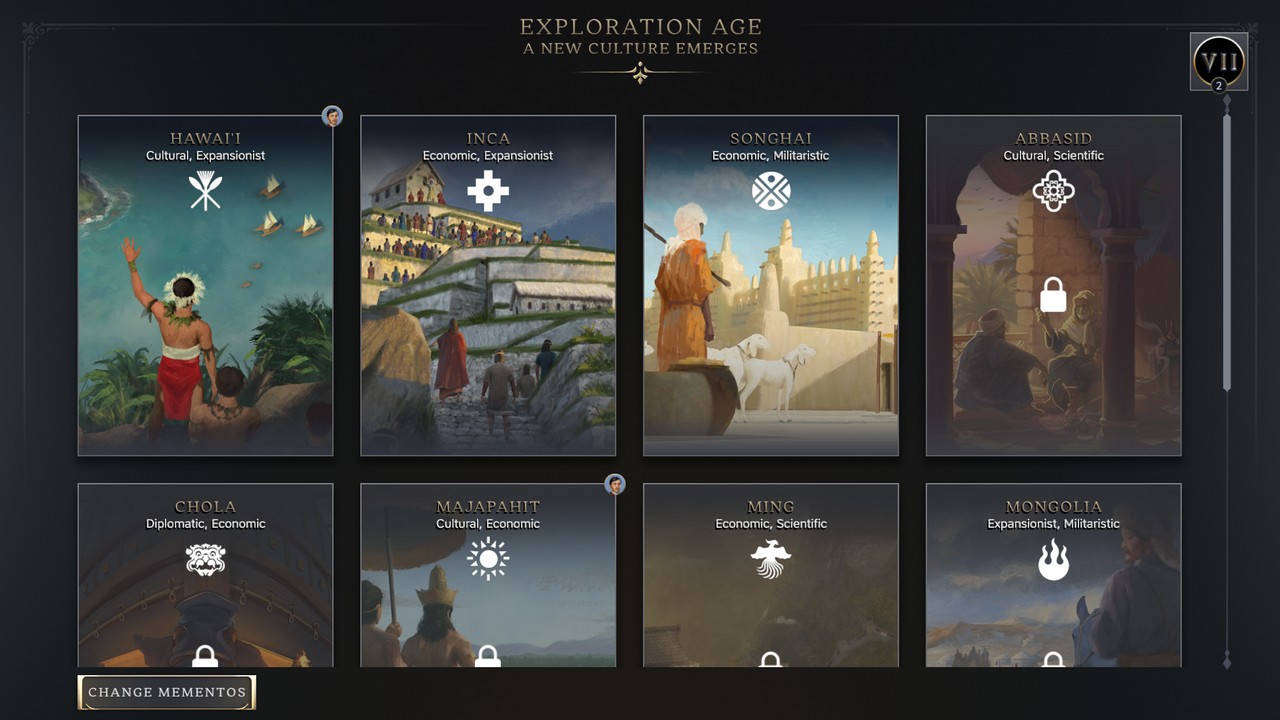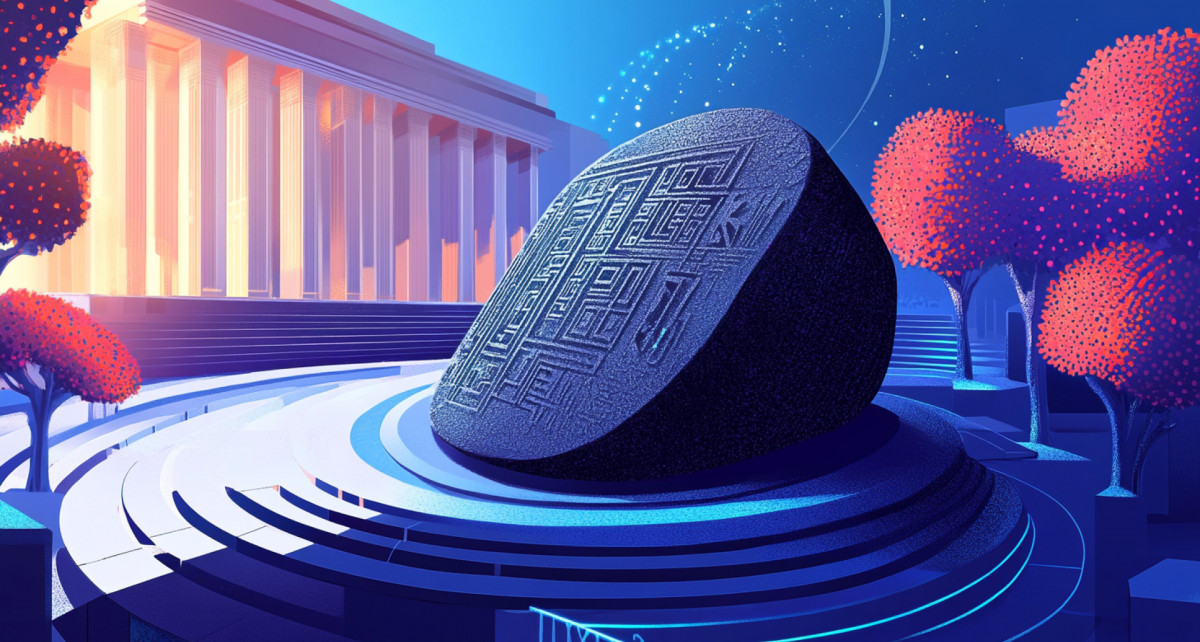After a decade of waiting, we’ve finally received a sequel to one of the franchise’s best titles: Civilization VI. The question is: can Civilization VII surpass its predecessor?At its core, Civilization VII retains the familiar turn-based gameplay that fans adore while introducing changes aimed at refreshing the experience. The core mechanics remain largely unchanged in Civ VII.
Players still build their empires from the ground up, juggling economy, diplomacy, science, and military might. However, a standout addition is the revamped “Age System.” This system encourages players not only to progress through historical eras but also offers unique bonuses and challenges that adapt based on their choices and actions.

That said, the new system isn’t for everyone. With the Age System, your empire transforms into a reskinned version of itself rather than growing organically over time. Personally, I’m not a fan of swapping out my empire every time the game advances to a new age—it detracts from the connection I build with my civilization.
Civilization and Diplomacy: A New DynamicOne of Civilization VII’s most prominent features is its overhauled diplomacy system. It’s a mixed bag. On one hand, it’s simple enough for newcomers to grasp.
On the other, it feels like a watered-down version of the politics system in Civ VI. I prefer the VI system because it carried more weight—choices had real consequences and meaningfully influenced progression.In the new game, players can forge alliances, negotiate deals, or employ backstabbing tactics.
While this creates a deeper, more reactive diplomatic experience, the outcomes often boil down to gaining more influence or culture—nothing groundbreaking.A welcome addition, however, is “Civic Policies.” These allow players to tailor their civilizations to their preferred playstyle.
Whether you focus on culture, military, or science, selecting policies that align with your strategy adds a personalized touch to empire-building. It also encourages experimentation with different approaches, offering countless ways to play each game.Graphics and Presentation: A Stunning Visual StoryVisually, Civilization VII is a treat.
The stunning graphics and beautifully designed maps are impressive, though I feel the execution could’ve been better. The landscapes and cities often feel lifeless and monotone rather than vibrant and dynamic.On the positive side, each civilization is crafted with meticulous detail—from unique units and buildings to vibrant, evolving landscapes.
The animations and graphics are a step up from previous titles, but they alone can’t carry the game.The user interface has also been revamped. While it boasts a sleek, modern look that enhances the experience, it feels overly simplified.
I’ll admit it’s more welcoming for new players, but it slightly cheapens the game for veterans. It can also get annoying when prompts pop up every minute, nudging you toward pre-set decisions like a choose-your-own-adventure book.Cultures and Civilizations: A Diverse SelectionCivilization VII offers a diverse array of civilizations and cultures, each with unique strengths, units, and abilities.
Whether you lead the ancient Romans, Japan’s samurai, or a newly designed civilization, there’s something for everyone, enriched by historical context that boosts immersion.My main complaint is the disconnect between leaders and civilizations. Why is José Rizal paired with the Mayan Empire? Why is Machiavelli leading Greece? Sure, it’s quirky and fun to joke about, but it undermines the game’s historical grounding—especially when your civilization changes with each age, yet your leader remains the same.
On a brighter note, the game expands its eras by including new civilizations that reflect both modern and historical cultures that have shaped our world. This emphasis on diversity and representation enriches gameplay and fosters an inclusive environment.Final Thoughts: One Step Forward, Two Steps BackIn conclusion, Civilization VII captures some of the essence that makes the series beloved, but it sacrifices certain aspects in the process.
While it pushes boundaries with innovative features, it alters elements that don’t need fixing. Understandably, a new game would want to distinguish itself from Civilization VI, but the developers could’ve focused on fresh ideas—like innovating empires beyond the modern age—rather than reworking what already worked. The deep strategic gameplay, revamped diplomacy, and diverse civilizations ensure that both newcomers and longtime fans will find plenty to enjoy, though series veterans might find it too different for their tastes.
Ultimately, it’s still a fun real-time strategy world-building game. It’s strategic, offering numerous paths and possibilities, but it doesn’t outshine Civilization VI. Instead, it’s an entirely different beast from its predecessor, and I can respect that.
It’s not terrible, but it’s not exceptional either—lacking the spirit and essence that made Civ games so enjoyable in the first place..
Technology

Civilization VII Review: Trying something new

After a decade of waiting, we’ve finally received a sequel to one of the franchise’s best titles: Civilization VI. The question is: can Civilization VII surpass its predecessor? At its core, Civilization VII retains the familiar turn-based gameplay that fans adore while introducing changes aimed at refreshing the experience. The core mechanics remain largely unchanged [...]















